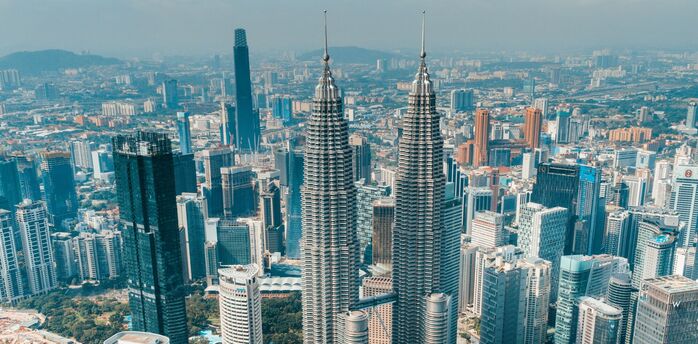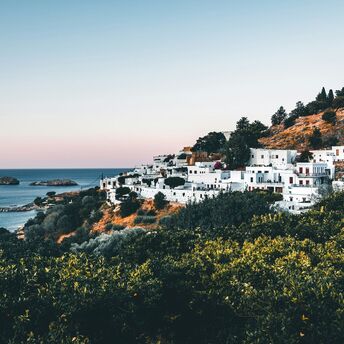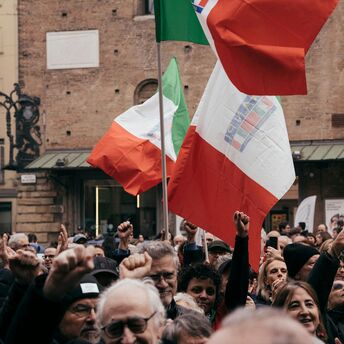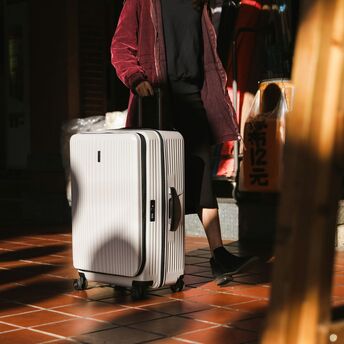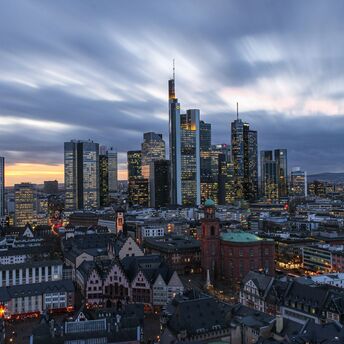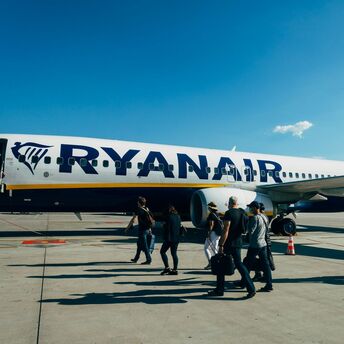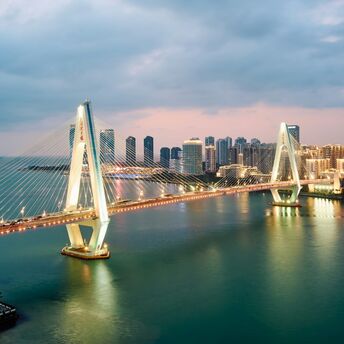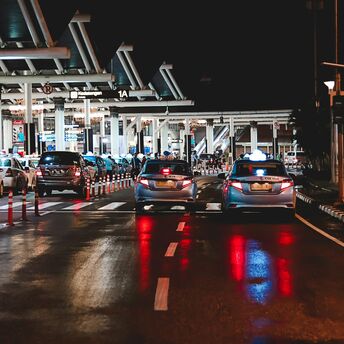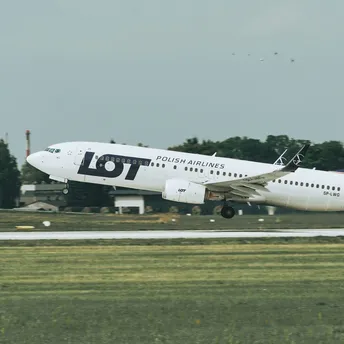New Slow Travel Trend Offers Different Way to Discover the UK
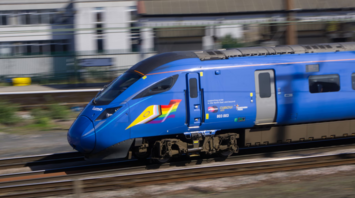
A new initiative in the United Kingdom is promoting a slower, more focused approach to domestic tourism. Named Slow Staycations, the initiative promotes taking longer trips focused on fewer places, with electric trains as the main way to get around. The initiative was developed in partnership between a UK electric train operator and a network of independently run accommodation providers.
The initiative aims to encourage more sustainable forms of domestic travel by replacing short-haul flights with train-based alternatives. Its core goals include:
- Reducing carbon emissions through the use of fully electric train services
- Improving access to under-visited rural and countryside areas
- Supporting current travel trends focused on environmental responsibility and nature-oriented experiences
We are committed to helping promote great value and sustainable rail travel through creating a cleaner, greener future for the communities and customers we serve along the iconic East Coast route. What better way to help showcase great places to visit than with our partnership to showcase the ultimate green getaways.
Along the routes, travelers can visit several specific locations offering outdoor activities. At Mallory Court in Warwickshire, visitors can observe beekeeping practices and learn about local pollination. Near Harlyn Bay in Cornwall, vineyard walking trails provide opportunities to explore coastal landscapes. At Cromlix Estate in Stirlingshire, visitors can follow marked trails that lead through garden spaces and surrounding woodland.
Additional locations highlight opportunities for immersion in nature and conservation. The Montagu Arms in the New Forest offers guided forest walks focused on native plant species and quiet reflection. In Cumbria, Farlam Hall lies close to a recognized dark-sky reserve, known for clear night skies suitable for stargazing. Close to The Atlantic Hotel on Jersey Island, visitors can follow footpaths that pass through rewilding areas where natural habitats are being reestablished.

The Slow Staycations initiative reflects a growing interest in slower-paced and environmentally responsible domestic travel. By combining electric rail access with longer stays in countryside locations, the model aims to shift attention away from rapid multi-destination trips. The initiative is also expected to help reduce visitor overcrowding in popular tourist areas by directing more travel toward rural regions where local economies could benefit.


